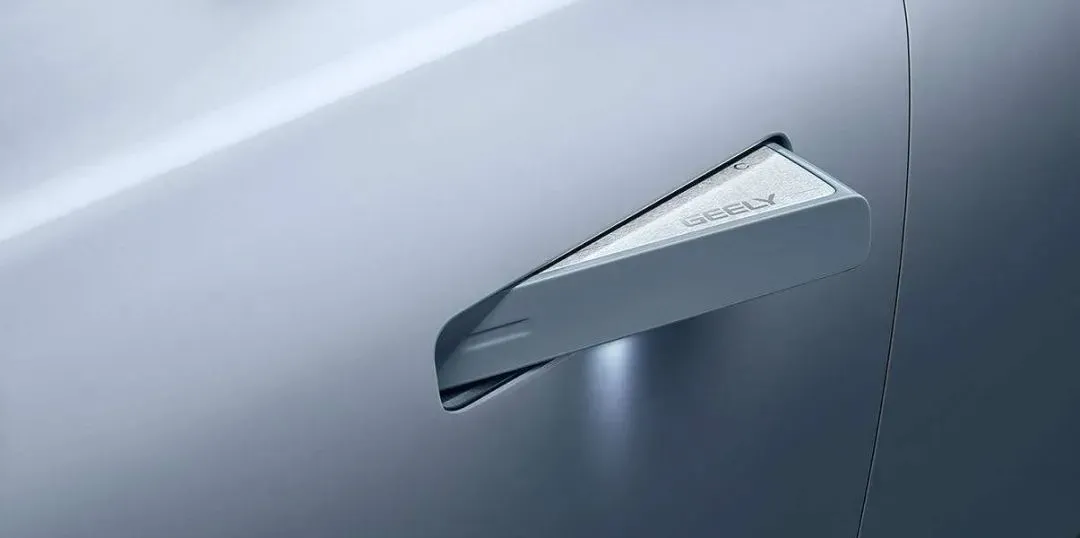In a significant move that could reshape the automotive landscape, Chinese regulators are reportedly planning to impose a ban on fully retractable car door handles. This decision comes in response to growing safety concerns and functional shortcomings associated with these modern features. If implemented, the prohibition would particularly impact new energy vehicles (NEVs), which have widely embraced retractable handles for their sleek appearance.
According to a research and development professional from a prominent car manufacturer, discussions are ongoing regarding new regulations that would explicitly target fully retractable door handles. While semi-retractable and traditional door handles will remain permissible, they must now include mechanical redundancy to ensure reliable functionality. A draft of the mandatory standards for door handles is expected to be finalized by the end of this month, with enforcement anticipated to begin by July 2027. After this date, new vehicles sold in China will no longer feature fully retractable designs.
Concerns Sparked by Design Trends
The rise of retractable door handles has become a defining characteristic in the design of modern NEVs, categorized into “lever-type” (mechanical) and “electronically controlled pop-out type” (motorized). While these handles are praised for their futuristic appeal and perceived aerodynamic advantages, their functional safety has come under increasing scrutiny.
Engineers have calculated that the supposed aerodynamic benefits of retractable handles are minimal, with a drag coefficient reduction translating to negligible energy savings. Moreover, the increased weight from the motorized components can offset any aerodynamic gains, raising questions about their overall efficiency.
Safety and Reliability Issues
Beyond efficiency, retractable handles pose significant safety risks. Reports indicate that electronic door handles are three times more expensive than their mechanical counterparts but have an eightfold higher failure rate, leading to increased repair costs for NEVs. For instance, one leading electric vehicle brand found that door handle failures accounted for 12% of all repair cases, often necessitating costly full assembly replacements.
Critical safety failures have also been documented. In incidents involving power loss or fire, these electronic handles can become inoperable, severely hindering rescue efforts. Cases such as the 2024 “frozen door” incident in Changchun, where occupants were trapped due to a malfunctioning handle, highlight the risks. Similarly, during heavy rains in Guangdong, multiple vehicles with electric handles experienced short circuits, trapping passengers inside.
Industry Response and Alternative Solutions
The industry is reacting to these concerns. Some automakers, like Volkswagen, have opted for semi-retractable handles that balance aesthetics with safety. For example, FAW-Audi’s new models include semi-retractable handles equipped with integrated micro-switches, ensuring the handles can still function mechanically after an accident.
Wei Jianjun, Chairman of Great Wall Motor, has openly criticized retractable handles for their minimal contribution to drag reduction and significant safety hazards. His stance reflects a broader industry shift towards prioritizing practicality and reliability over design trends.
Regulatory Changes on the Horizon
This potential ban aligns with the Ministry of Industry and Information Technology’s (MIIT) recent initiative to revise national standards for automobile door handles, emphasizing safety risks associated with current designs. This regulatory push signifies a larger effort to enhance automotive safety in China.
Other controversial trends, such as replacing physical buttons with touchscreens and eliminating traditional controls, are also under scrutiny. The European New Car Assessment Programme (Euro NCAP) is responding globally by announcing that vehicles without physical controls for critical functions will not achieve high safety ratings from 2026.
As the discussion around retractable door handles continues, it raises important questions about the balance between innovative design and essential safety features in the automotive industry.
